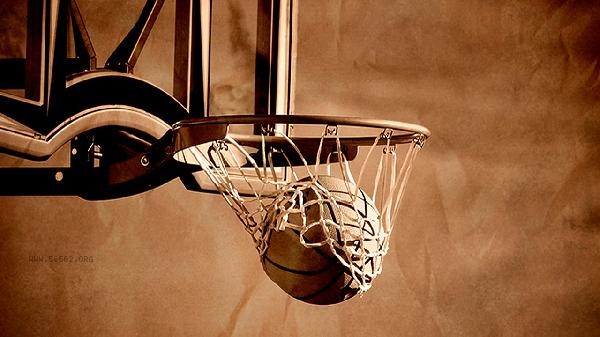The best time to play basketball is usually in the early morning or evening, and the specific choice depends on personal schedule, temperature, and court conditions. The fresh air in the morning helps to improve cardiovascular function, while the more active muscle state in the evening can reduce the risk of sports injuries. Avoid exercising during the high temperature period at noon and immediately after meals. Playing basketball in the early morning can help activate metabolism and promote fat burning efficiency throughout the day, but it is important to warm up adequately to avoid the risk of injury caused by joint stiffness in the morning. At this time, the sunlight intensity is low and the impact of ultraviolet rays is minimal, making it suitable for medium to high intensity training. After morning exercise, you should timely supplement water and high-quality protein, such as eggs or soybean milk, to help muscle repair.

The core temperature of the human body reaches its peak between 16-18 pm in the evening, and muscle flexibility and explosive power are in their optimal state, making it more suitable for competitive training or competitions. Playing basketball during this time can effectively relieve work pressure, but it is important to avoid high-fat diets within two hours after exercise to avoid affecting sleep quality. Indoor venues can choose the time slot from 19:00 to 21:00, but the end time of the exercise should not exceed 22:00 to avoid affecting melatonin secretion.

Regardless of which time slot is chosen, it is important to ensure sufficient warm-up for 10-15 minutes before exercise and stretch and relax after exercise. Prioritize indoor venues or shaded areas in summer, and pay attention to keeping joints warm in winter. It is recommended to establish a biological clock pattern by fixing exercise time, playing ball 3-5 times a week with strength training, and ensuring 7-8 hours of sleep per day to promote recovery after exercise. Stop immediately and seek medical examination if discomfort such as dizziness and chest tightness occurs during exercise.







Comments (0)
Leave a Comment
No comments yet
Be the first to share your thoughts!